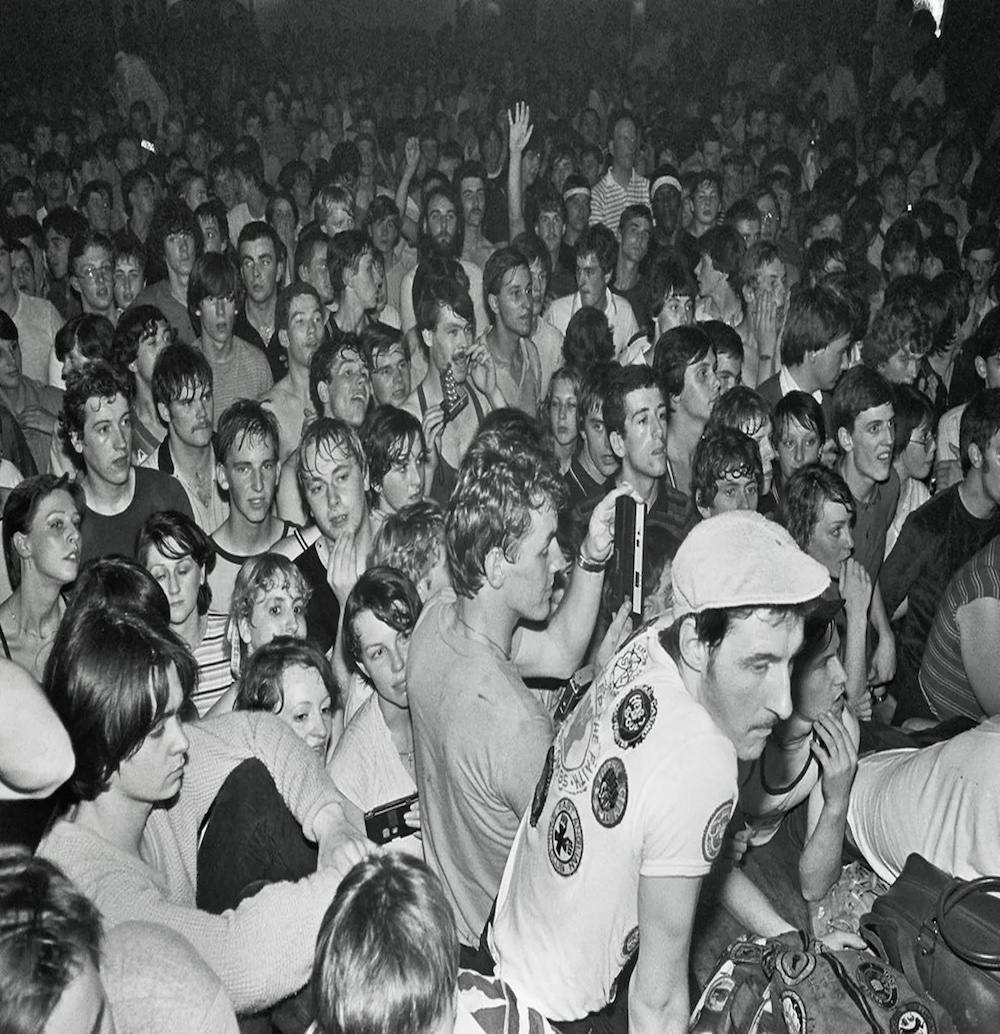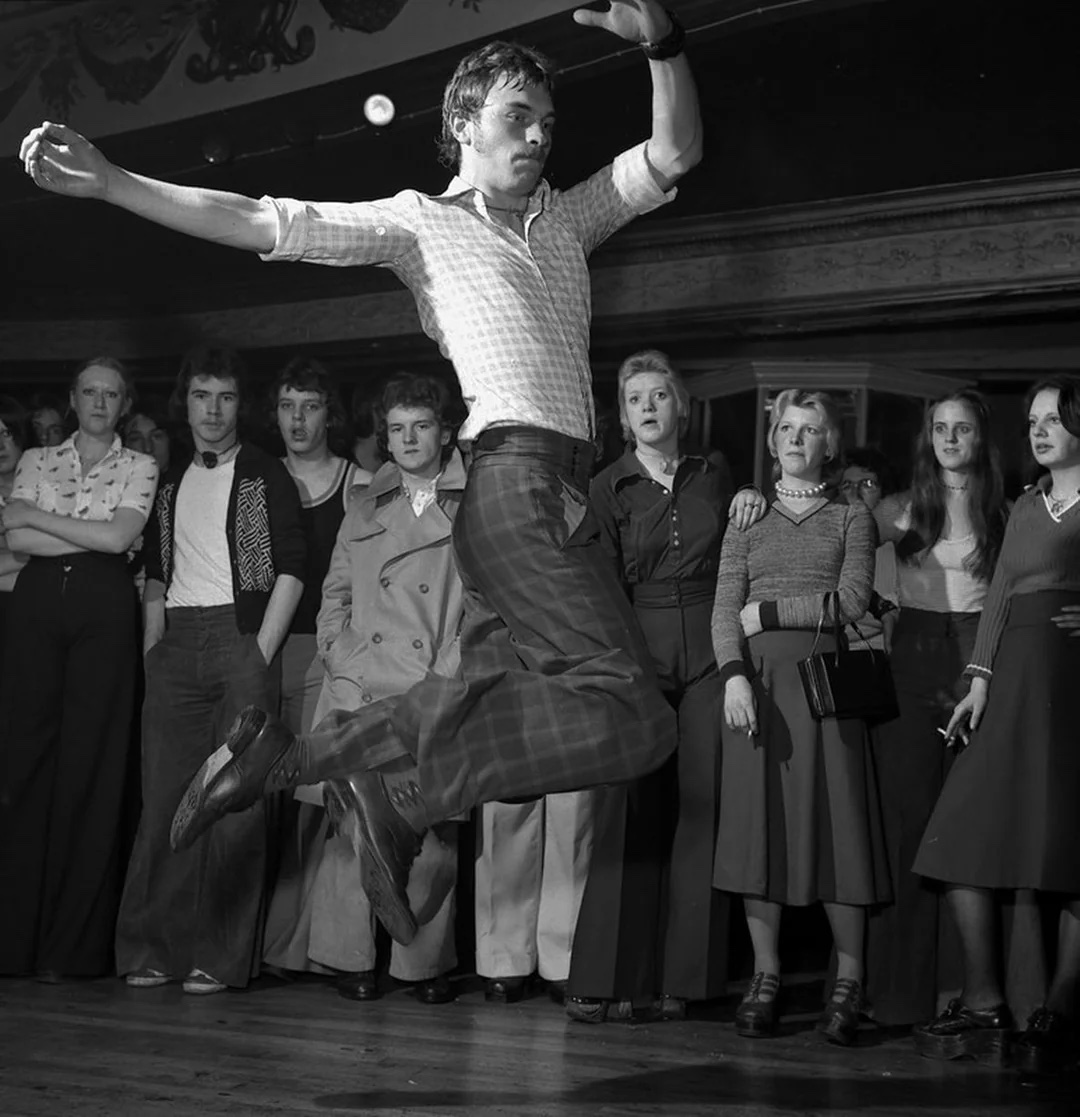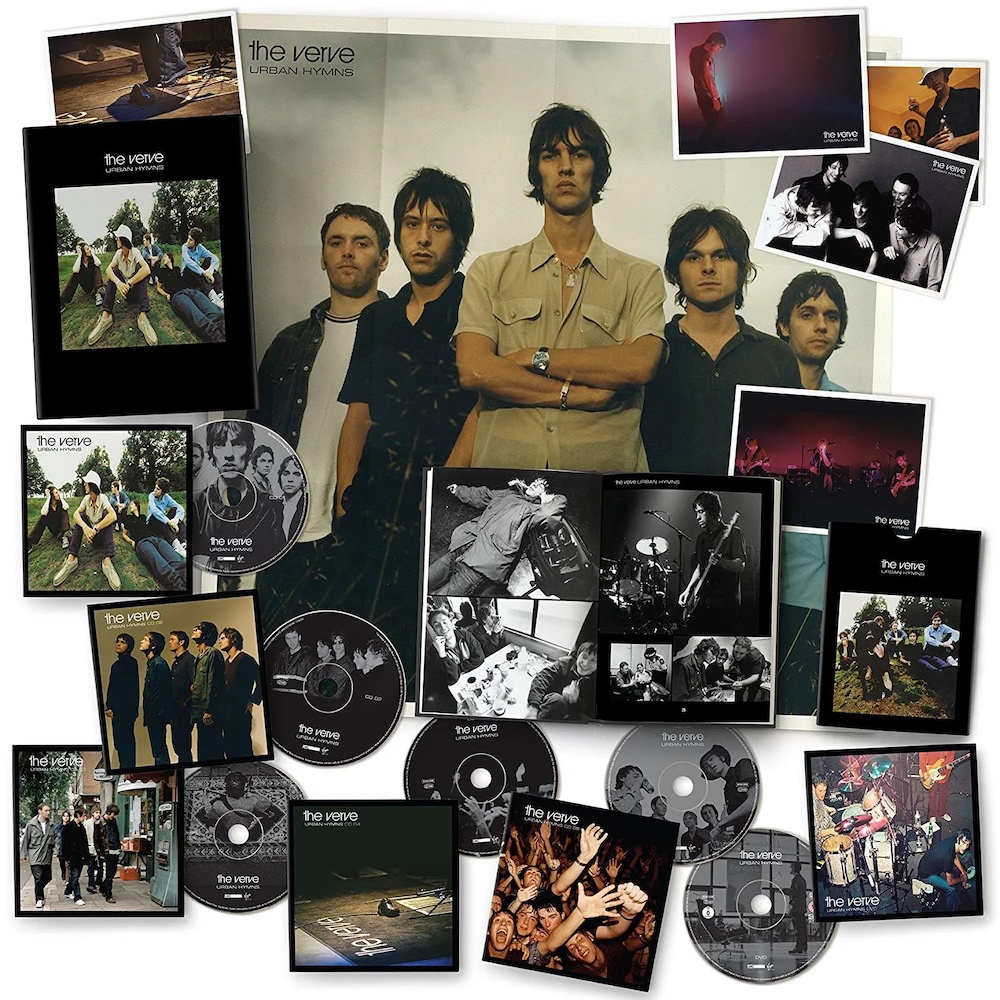Wigan: A Town Forged in Industry and Fuelled by Soul
Nestled in the heart of North West England, the town of Wigan is a place where a rich industrial heritage and a vibrant cultural history intertwine. From its origins as the Roman settlement of Coccium to its status as a cornerstone of the Industrial Revolution and the global epicentre of a dynamic music scene, Wigan's story is one of resilience, innovation, and a powerful sense of community.
Wigan's history is deeply rooted in the coal seams that lie beneath it. The town rose to prominence during the Industrial Revolution, becoming a powerhouse of coal mining and cotton milling. The completion of the Leeds and Liverpool Canal in the early 19th century provided a vital artery for transporting Wigan's "black gold" and textiles to the bustling ports of Liverpool and beyond, fuelling the nation's growth. The iconic Wigan Pier, a collection of wharves and warehouses on the canal, became a symbol of this industrial might, immortalised in George Orwell's 1937 book, "The Road to Wigan Pier." The town's landscape was once dominated by the headstocks of collieries and the imposing structures of cotton mills, a testament to the hard work and determination of its people.
While industry shaped its foundations, it is arguably music that has defined Wigan's soul. In the 1970s, the town became the unlikely global capital of the Northern Soul movement. Every Saturday night, from 1973 to 1981, thousands of young people from across the UK and beyond descended on the Wigan Casino for its legendary all-nighters. This cavernous ballroom, formerly the Empress Ballroom, became a sanctuary for a subculture devoted to rare, up-tempo American soul music. The Casino's sprung dancefloor was graced by the acrobatic and energetic dance moves that became synonymous with Northern Soul. In 1978, at the height of its fame, the American music magazine Billboard declared Wigan Casino "The Best Disco in the World," a title that underscored its cultural significance. The club's "3 before 8" – three iconic closing records played at the end of each all-nighter – remains a cherished memory for all who passed through its doors. Though the building was tragically destroyed by fire in 1982, its legacy is immortalised in the hearts of soul fans worldwide and commemorated by a blue plaque within the Grand Arcade shopping centre that now stands on its site.


Beyond the pulsating beat of Northern Soul, Wigan has a diverse and enduring musical heritage. The town gave the world the much-loved entertainer George Formby, whose ukulele-strumming charm made him a national treasure. In the 1960s, Georgie Fame, a former cotton weaver from the area, shot to stardom with hits like "Yeh, Yeh."
The 1990s saw the emergence of one of Wigan's most successful musical exports, The Verve. Fronted by the charismatic Richard Ashcroft, the band achieved global acclaim with their album "Urban Hymns" and the timeless anthem "Bitter Sweet Symphony." The town has also been a breeding ground for a host of other notable acts, including the indie bands The Railway Children, Starsailor, and more recently, The Lathums, who have carried Wigan's musical torch into the 21st century.

While the industrial landscape has transformed and the iconic Casino is no more, Wigan's spirit endures. It is a town that proudly remembers its past while continuing to foster a rich cultural scene. From its historic roots to its world-renowned musical legacy, Wigan remains a place of unique character and enduring influence.